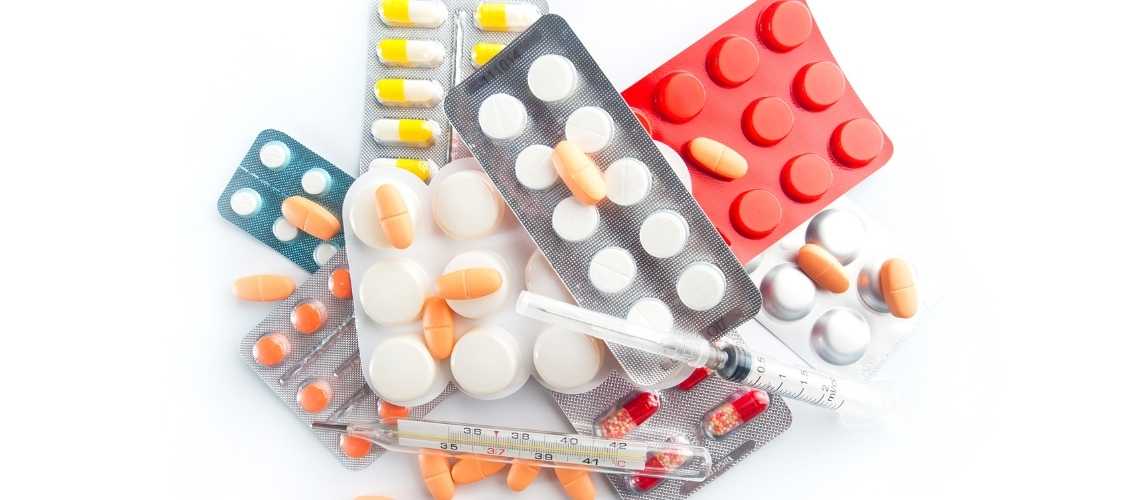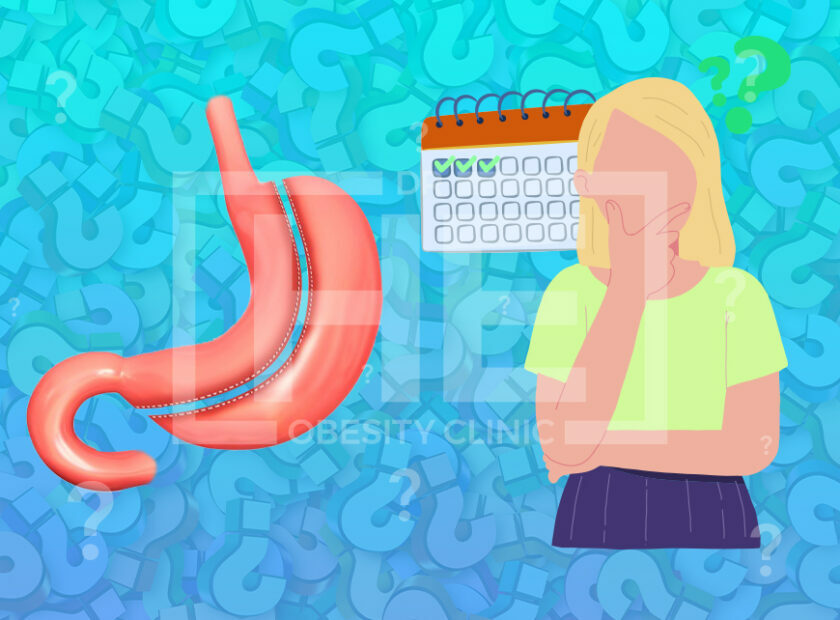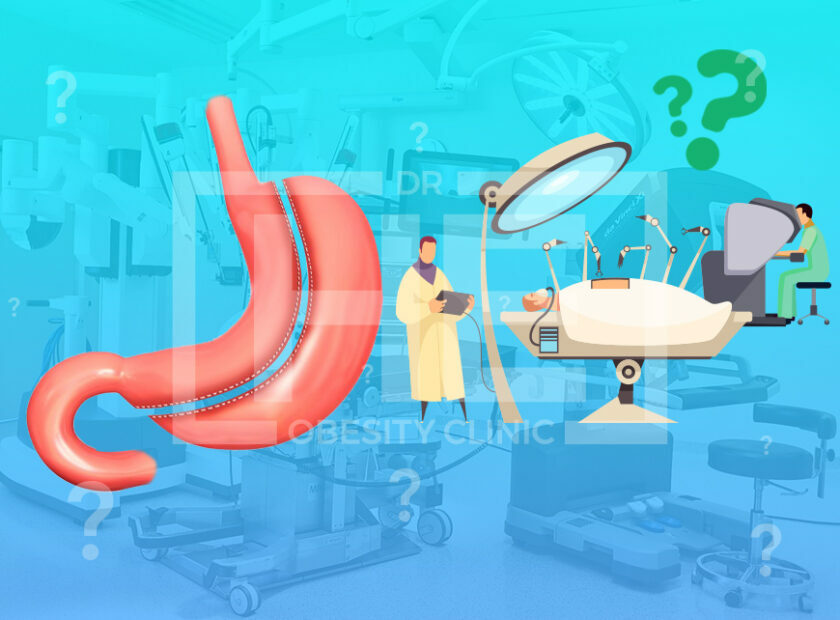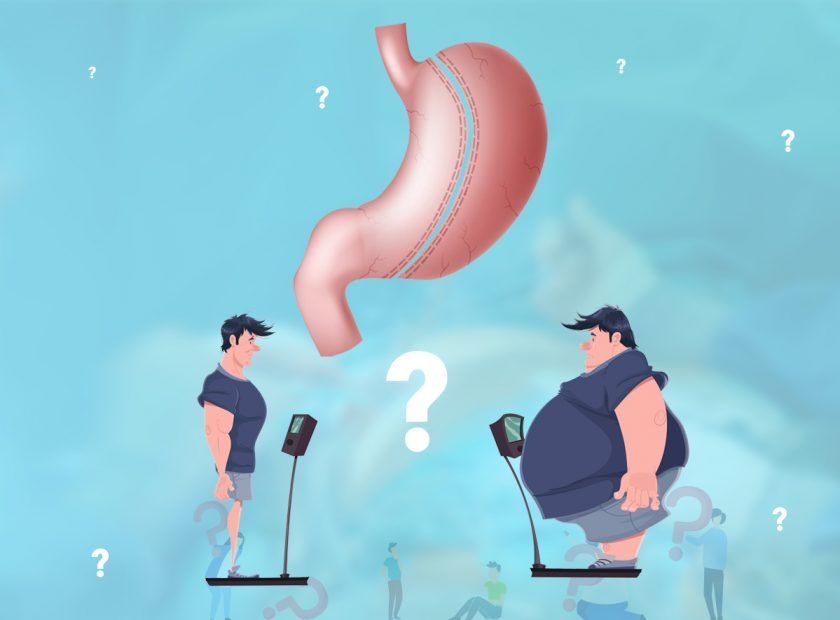
Can You Take Appetite Suppressants After Gastric Sleeve? When patients’ weight loss slows or they begin to regain weight, appetite suppressants can help. Sympathomimetic medications reduce appetite while also increasing basal metabolic rate (BMR).
Appetite suppressants, such as sympathomimetic medications, can help to counteract the weight-gaining effects of neuropeptides.
Because there is no time when the risk of relapse goes away, long-term medication use may be necessary. The use of appetite suppressants for long periods of time is becoming more common among obesity medicine specialists.
Is there a Way to Lose Weight without Surgery If you’ve Had Bariatric Surgery?
Patients who’ve had a Stomach Sleeve, Gastric Bypass, Gastric Lapband®, or any other weight loss surgery procedure but have hit a plateau or gained weight may wonder if there is a medication that can help. Is it possible to take medication after bariatric surgery?
Medication for Weight Loss After Bariatric Surgery
Obesity is a long term illness. That’s a big change in how we think about obesity! Instead of viewing obesity as a willpower issue, treating it as a chronic disease necessitates working with doctors who specialize in the field.
I won’t go into too much detail about why this is important; instead, I’ll point you to this article from the Obesity Medicine Association. They provide excellent educational materials that demonstrate the complexity of obesity and why it is not a matter of willpower.
Can you take appetite suppressants after gastric sleeve, in fact, you need to talk to your doctor about it. But we will tell you a little about it.
- Phentermine
The most commonly prescribed appetite suppressant is phentermine. It’s a sympathomimetic drug that boosts metabolism and suppresses hunger. Dosing before noon will help you sleep better because it has a long half-life (21 hours).
Dry mouth, bowel problems, anxiety, and, less frequently, increased blood pressure and pulse rate are all common side effects. It should not be used in patient populations with tachyarrhythmia and should only be used in patients with stable cardiovascular problems with cardiology consultation.
While the FDA has approved phentermine for use for no more than 12 weeks, the approval of quinidine for long-term use indicates that phentermine can be used indefinitely.
- Diethylpropion
Diethylpropion, a sympathomimetic medication like phentermine, has a shorter half-life than phentermine and can thus be used later in the day with less sleep disruption.
It can be taken three times a day at a dose of 25mg each time. There is also a 75mg once daily time release tablet available. Constipation, dry mouth, and sleeplessness are common diethylpropion side effects. There may be an increase in heart rate and blood pressure.
- Phendimetrazine
Phendimetrazine is a stronger sympathomimetic drug that suppresses hunger and boosts metabolism. Increased heart rate, as well as the more associated symptoms of restlessness, insomnia, and agitation, are all possible side effects.
The risk of addiction is slightly higher than with the medications previously mentioned. It’s a schedule 3 meds. It can be taken once a day in a lengthy 105mg form or three times a day in a 35mg form.
For the sake of completeness, orlistat is included list. It has no effect on appetite or metabolism and reduces fat absorption by acting on gastric and pancreatic lipases.
It can also be purchased over the counter. The group’s weight loss is the smallest. Vit deficiencies in patients who have had gastric bypass surgery may be exacerbated by the malabsorptive effects. Diarrhea and bloating are two common side effects.
- Conclusion
In the lengthy management of obesity, appetite drugs can be a useful adjunct to surgery. When patients do not lose the expected weight or begin to gain weight, a thorough examination for unregulated hunger is required.
The proper choice of prescription medications will be guided by a rigorous history as well as assessment of previous medical history.
How Can I Curb My Appetite After Bariatric Surgery?
If you’re worried that you’re not eating enough food, you’re not alone. Many people have similar questions, including how to curb appetite after bariatric surgery.
Often, the solution is to eat smaller, more frequent meals. This approach helps you keep satisfied without feeling like you’re missing out on anything. Five small meals a day will be enough. And remember to never skip a meal.
Proper hydration is critical after bariatric surgery. Many surgeons advise patients to drink at least 60 ounces of sugar-free liquids daily.
Water also helps curb appetite, as thirst is often mistaken for hunger. If you’re feeling especially hungry, try drinking a glass of water before you eat – you’re still drinking calories, just not in a big way.
After bariatric surgery, your cravings aren’t necessarily due to hunger, but to pleasurable experiences. Avoid comfort food, which is usually sweet, rich, or salty – it won’t help you lose weight and could recur.
A distraction can be helpful in reducing cravings. Experts recommend five minutes of distraction to prevent a craving from coming.
Learning to listen to your hunger signals is one of the key skills to losing weight. During the first few months after your surgery, you may not feel hungry.
However, you might begin to get hungry again, and the first thing to do is learn to recognize the difference between real hunger and feeling “in the mood” for food. And that’s where the three steps come in. Once you’ve mastered these steps, you’ll have a newfound control of your hunger hormones.
Does Your Stomach Shrink With Gastric Balloon?
Before you decide to undergo this procedure, make sure to discuss the risks and benefits with your doctor. Gastric balloon surgery will reduce the size of your stomach by about one-third.
After the procedure, you can eat as you normally would, but the balloon remains in your stomach for six months. Although you may experience nausea after the procedure, it should subside. A gastric balloon can help you lose up to 240 pounds in as little as two years.
The procedure will require another endoscopy, but patients generally lose over one third of their excess body weight, which is the difference between their pre-operation weight and their healthy weight. Gastric balloons are safe and effective procedures for weight loss.
Most people who undergo this procedure experience permanent weight loss, but they do have to continue to make lifestyle changes to maintain their new body size. However, this procedure is not for everyone. If you suffer from acid reflux, you may not be a good candidate.
The procedure is typically outpatient. You can resume eating after the procedure, but your recovery will be lengthy. For the first two weeks, you will be on a liquid diet. From week three, you will be able to eat soft foods like bananas and scrambled eggs.
During this time, you should also follow a healthy diet and exercise plan. Your doctor will give you information about how to adjust your diet. You should contact a nutritionist if you have any problems with your new diet plan.





